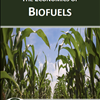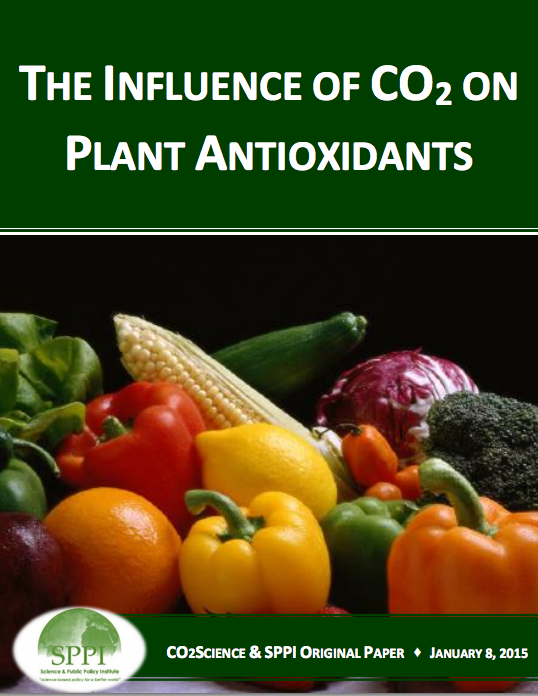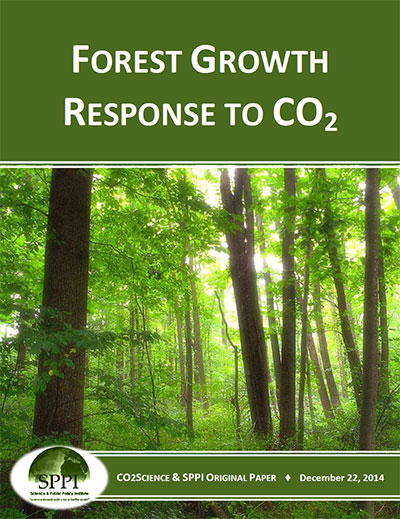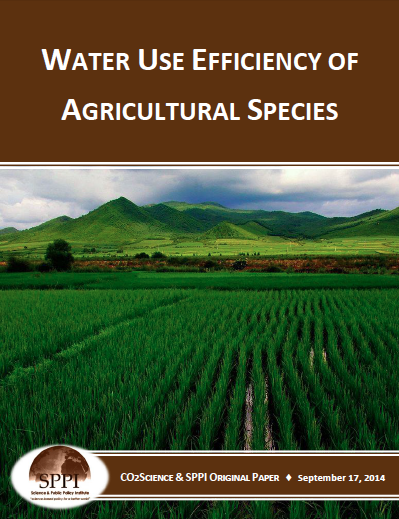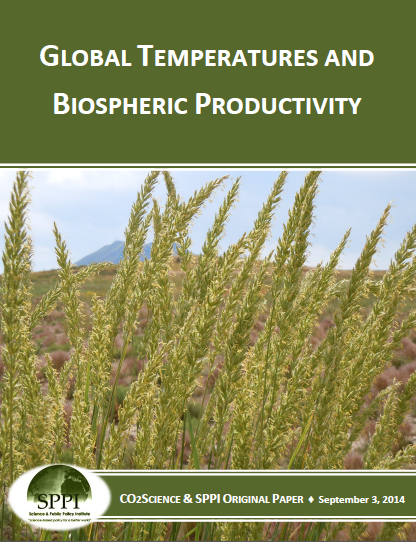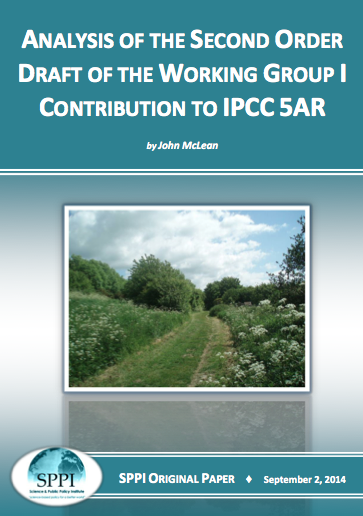Right Now
The Economics of Biofuels.
Aside from rejecting biofuel expansion and use for environmental reasons (see Biofuels (Land and Water Concerns)[1] and Biofuels (Miscellaneous)[2] in our Subject Index), the production and use of biofuels from an economic perspective does not make much sense either. Proponents of biofuels say their increased production will increase the supply of transportation fuels and therefore lead to lower prices. Critics of biofuels point out ethanol often costs more, not less, than gasoline, either because of production costs or supplies that can't keep pace with government mandates, and therefore leads to higher prices at least in the short run.
Aside from rejecting biofuel expansion and use for environmental reasons (see Biofuels (Land and Water Concerns)[1] and Biofuels (Miscellaneous)[2] in our Subject Index), the production and use of biofuels from an economic perspective does not make much sense either. Proponents of biofuels say their increased production will increase the supply of transportation fuels and therefore lead to lower prices. Critics of biofuels point out ethanol often costs more, not less, than gasoline, either because of production costs or supplies that can't keep pace with government mandates, and therefore leads to higher prices at least in the short run.
-
 The Economics of Biofuels | Originals
The Economics of Biofuels | Originals
The Science and Public Policy Institute (SPPI) is a nonprofit institute of research and education dedicated to sound public policy based on sound science. Free from affiliation to any corporation or political party, we support the advancement of sensible public policies for energy and the environment rooted in rational science and economics.
-
THE ECONOMICS OF BIOFUELS
The economics of biofuels. Aside from rejecting biofuel expansion and use for environmental reasons.
Sign In to leave a comment
More Posts

Report This Post
Please complete the following requested information to flag this post and report abuse, or offensive content. Your report will be reviewed within 24 hours. We will take appropriate action as described in Findit terms of use.
Thank you. Your abuse report was sent.






